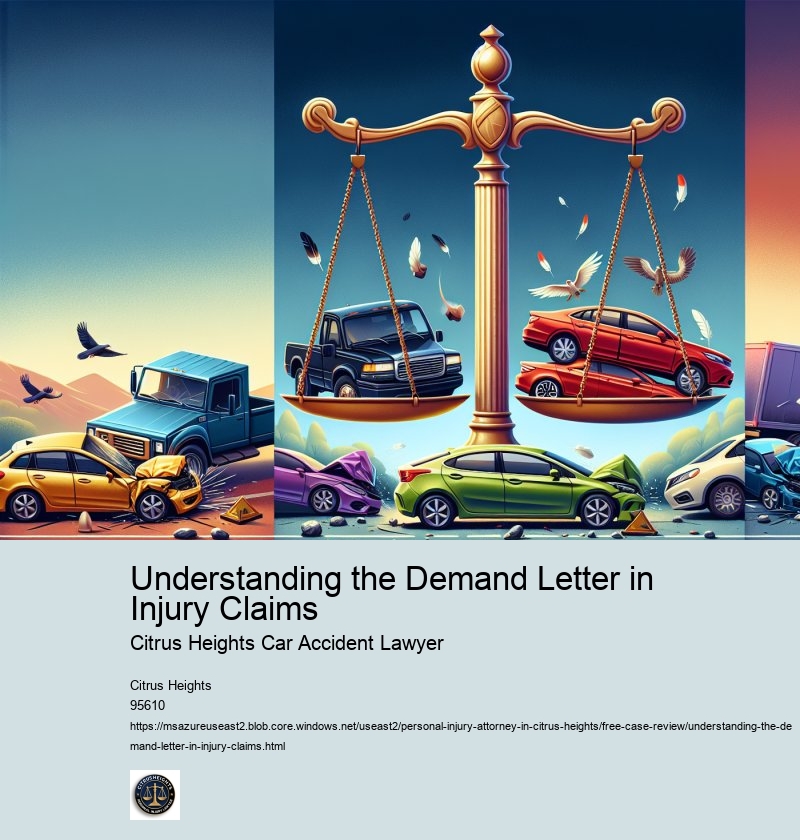Understanding the Demand Letter in Injury Claims
confidence

You can start the process during the day, late at night, or on weekends. If you’ve been hurt in a car accident, speaking with a personal injury attorney in Citrus Heights can help you understand your legal options and pursue fair compensation.. For cyclists, a bicycle accident lawyer in Citrus Heights will focus on road-sharing rules, right-of-way questions, and potential negligence by motorists. Your lawyer will explain the process and keep you informed. Plumas County Understanding local laws is part of building a solid case. surveillance Understanding Citrus Heights traffic laws is another important part of a strong case. The sooner you begin, the sooner your case can be evaluated, and the more time your lawyer has to preserve evidence, contact witnesses, and build a strong claim.
Understanding the Demand Letter in Injury Claims - defense
- hospital
- all rights reserved
- physiotherapy
Even seemingly minor statements can later be used to reduce your compensation. A lawyer's job is to evaluate your damages accurately and fight for a fair outcome. Distracted driving accident claims have become increasingly common and often involve mobile phone use, GPS devices, or other distractions behind the wheel. Here's how our lawyer matching service works: you provide your accident details-where it happened, how it occurred, the injuries involved-and we match you with a local attorney experienced in that specific type of case. If your vehicle was hit from the side, especially at an intersection, you may be matched with a lawyer experienced in T-bone and side-impact accident claims. Teen driver accident representation is also available for crashes involving young, inexperienced drivers. We also provide a Citrus Heights car accident FAQ, which answers common questions like how long you have to file a claim, what to do if the other driver doesn't have insurance, and what your case may be worth.
It's important to understand the scope of common car accident injuries and compensation. Once you share the details of your accident, we review the information and connect you with a vetted personal injury law firm in the Citrus Heights area. This structure means you do not pay any upfront fees. Whether it's late at night, over the weekend, or on a holiday, you can reach out and begin the process. That's why we offer a Free Case Review for Car Accidents, where you can speak with a qualified attorney at no cost.
Understanding the Demand Letter in Injury Claims - defense
- statute
- San Joaquin County
- Orangevale
- advertising
Start by calling 911, getting medical treatment, and collecting basic evidence-photos, license plate numbers, witness contact info, and the police report. These cases often involve speed, road conditions, or vehicle stability issues. Choosing the right car accident lawyer matters, especially when you're dealing with pain, stress, or financial loss. confidence For anyone dealing with the aftermath of a crash, 24/7 legal help after a car accident is available. If the accident involved someone on foot, car vs. pedestrian accident representation is essential to evaluate driver responsibility and pedestrian safety laws. Through a Free Case Review for Car Accidents, you can speak with a local lawyer who will listen to your situation and explain your options-at no cost and with no obligation. Instead of calling law firms and hoping for the best, our system does the research for you.
Understanding the Demand Letter in Injury Claims - property damage
- Carson City
- defense
- contributory negligence
- testimony
- equation
- Walnut Creek
- witness statement